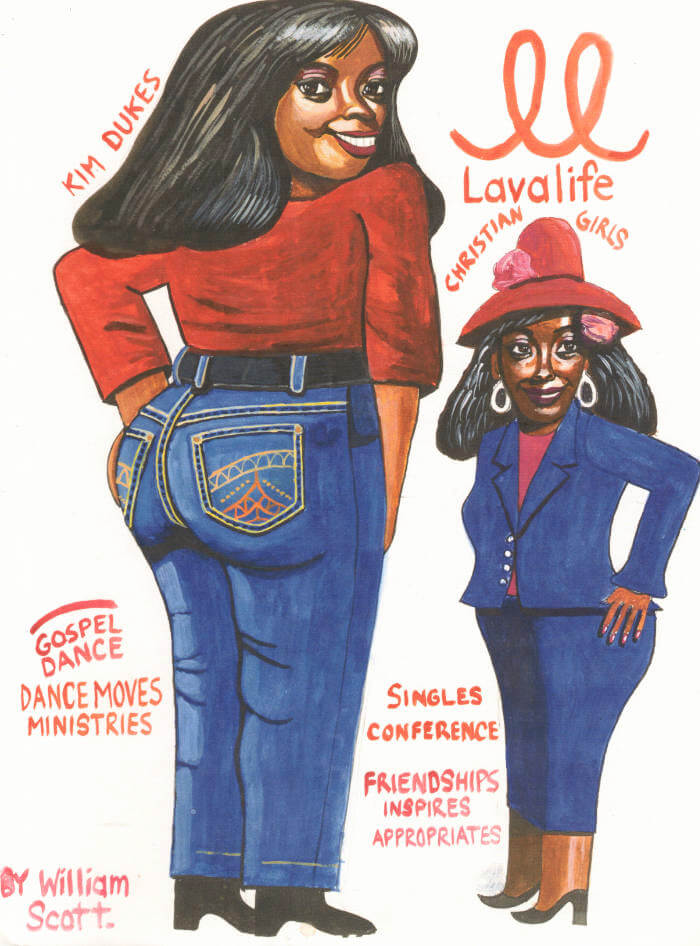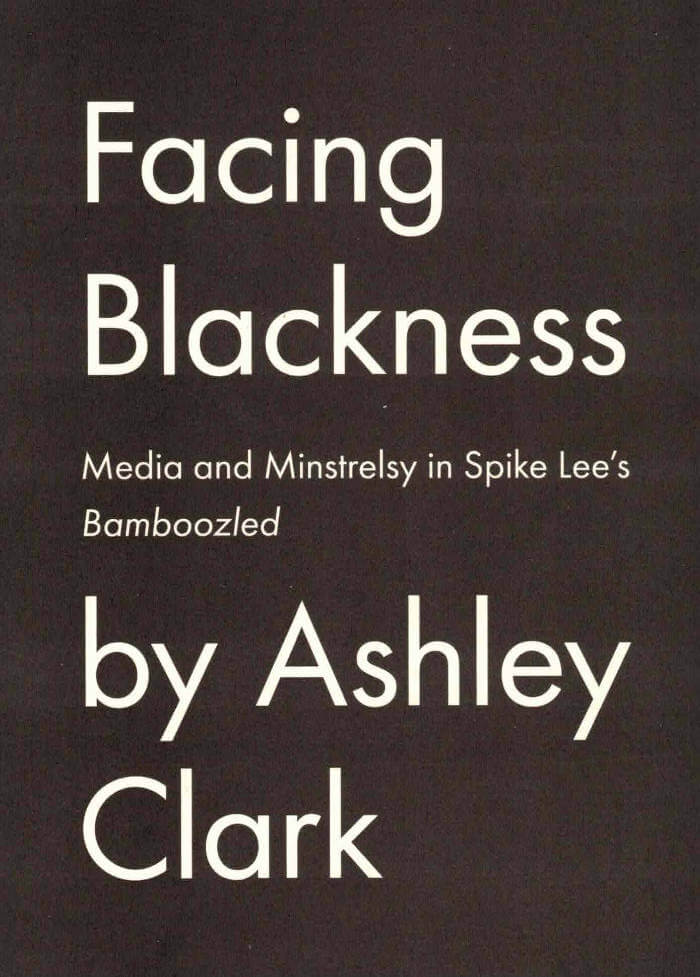
Bruce Baillie: Somewhere from Here to Heaven
A scrapbook on Baillie's life and career, with stills, ephemera and writings by filmmakers across generations.
This is the first book on the West Coast avant-garde filmmaker Bruce Baillie (1931-2020), famed for the films Mass for the Dakota Sioux (1964), Castro Street (1966) and All My Life (1966) and for his influence on directors such as George Lucas (one of Lucas' charitable foundations helped fund the digital transfer of Baillie's films) and Apichatpong Weerasethakul. Alongside stills from Baillie's films, the book fosters a dialogue between Baillie and filmmakers and writers across several generations, including experimental filmmaker Peter Hutton, filmmaker and anthropologist J.P. Sniadecki and Jonas Mekas, along with suites of images by the Thai director Apichatpong Weerasethakul, British artist and experimental filmmaker Ben Rivers and Brazilian artist and filmmaker Ana Vaz, among others. Reproductions of correspondence and other ephemera are also included.




